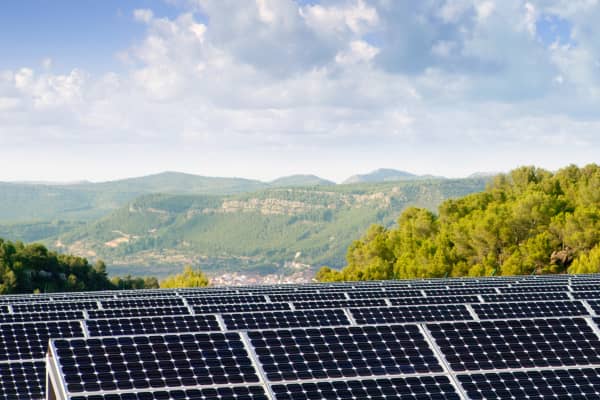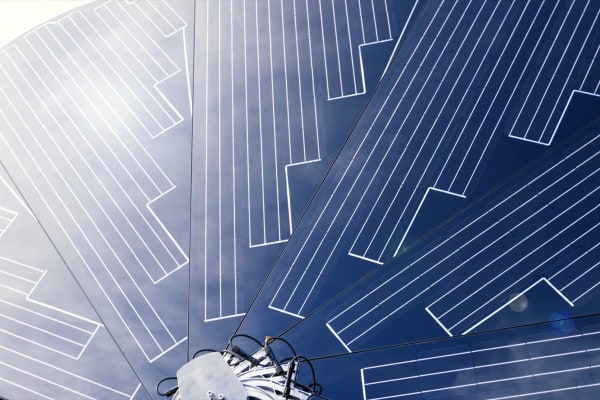The shift to clean energy may be underway, but with fossil fuels still counting for 80 percent of global energy production there is still some distance to go.
The United Nations estimates that an additional $1.25 trillion of investment is needed each year to switch to sustainable energy by 2030. That is over triple the current spend. While the funding gap may be extensive, it also highlights a growing market with opportunities for investors to get behind.
In 2016, a record 161gigawatts (GW) of renewable energy capacity was installed across the globe, with $288 billion of new investment going into the sector. Compared to just $130 billion ten years ago in 2006, it is clear to see how the sector has already grown. With more and more countries committing to 100 percent clean energy goals, there is widespread demand for the trend to continue.
"The world now adds more renewable power capacity annually than it adds in net new capacity from all fossil fuels combined," says REN21, the international renewable energy policy network.
According to the World Economic Forum, clean energy now costs the same as — or even less than — coal, oil and gas. While the world average cost of fossil fuels has remained at $100 per megawatt-hour (MWh) for the past decade, solar has dropped from $600 to at or below $100 with wind power costing even less at $50.
With one in five of the world's population — an incredible 1.2 billion people — unable to access electricity, the increasing affordability of renewables could bring hope to where it's needed most.
However, this need has also catalyzed new technology and investment opportunities in those areas most affected, which is primary Sub-Saharan Africa and South Asia.
"Africa is undergoing an energy revolution and has become a laboratory for pioneering new methods of energy delivery," says Matt Tilleard, co-managing partner of CrossBoundary & UBS Global Visionary.
"A key driver of this has been the dramatic fall in cost of solar power – down by over 80 percent since 2008," he adds.
Technological innovation has been pivotal to driving the transition to a clean energy network; bringing prices down, increasing efficiency, and getting investors and consumers on board with attractive solutions.
Smartflower is a prime example. It is the world's first plug-and-play solar solution and is ready to generate electricity anywhere within one hour of delivery.
The system can generate in the region of 3,400 kWh to 6,200 kWh per year (depending on location), which is enough electricity for the average European household, coming in at 3,500 kWh.
Its power output is around 40 percent more than traditional roofing systems due to the smart modular fan which tracks the sun from sunrise to sunset for maximum exposure. Any excess electricity can either be stored in its integrated battery for later use or can be fed into the public network.
The product has been meticulously designed and tested. Unlike other renewables systems, Smartflower's components are packaged within the single unit, making it completely portable. It is also self-cleaning, self-operating, and can withstand storms and temperatures down to -4 degrees Fahrenheit.
Alexander Swatek, founder and inventor of Smartflower, comments: "My purpose was to create something completely new within the solar field. With Smartflower we want to send a clear message, to make the world a better one."
With the renewable energy sector on course to further expand, and more companies like Smartflower set to push the boundaries of what can be achieved, the opportunity to invest in clean energy presents itself at every level.
The value of investments can go down as well as up. Your capital and income is at risk. ©UBS 2018. All rights reserved. UBS Financial Services Inc. is a subsidiary of UBS AG. Member FINRA/SIPC
CNBC Catalyst is a commercial advertising department of CNBC International. For more information about CNBC Catalyst please click here.



